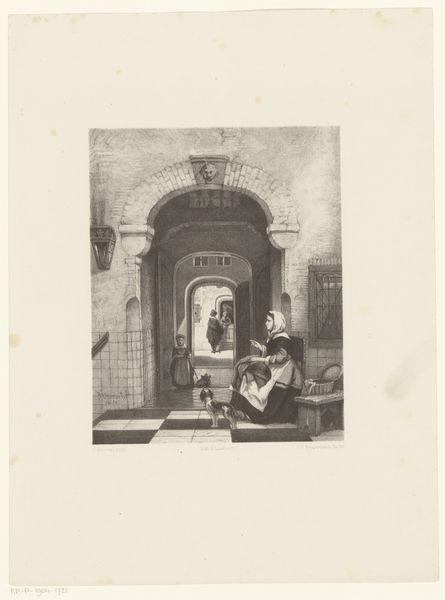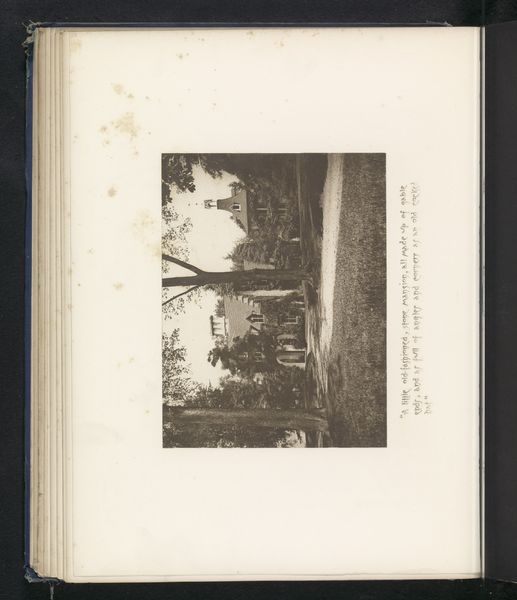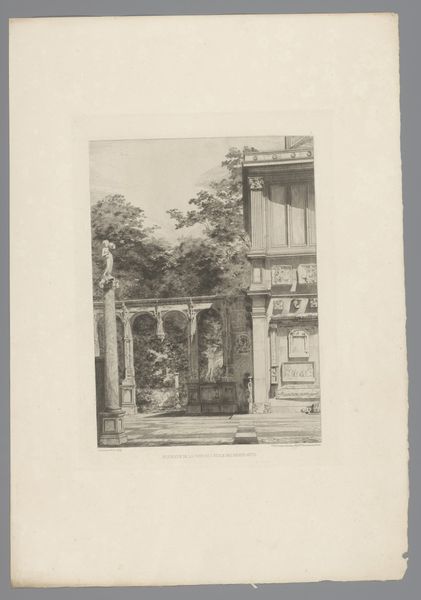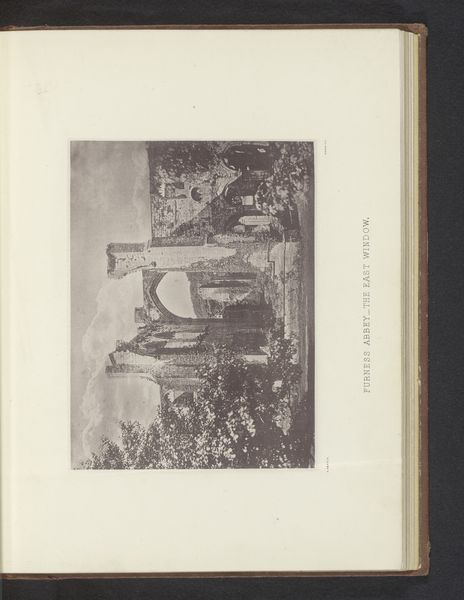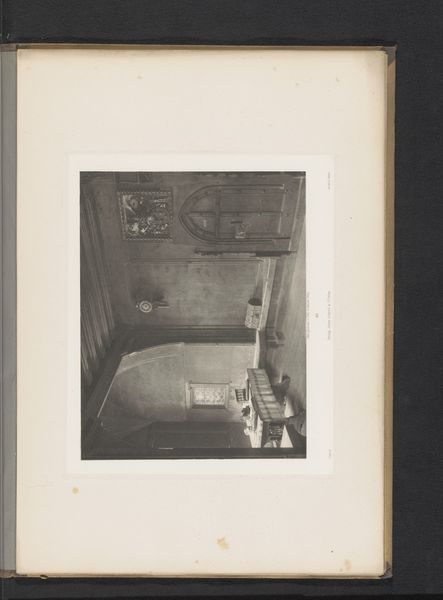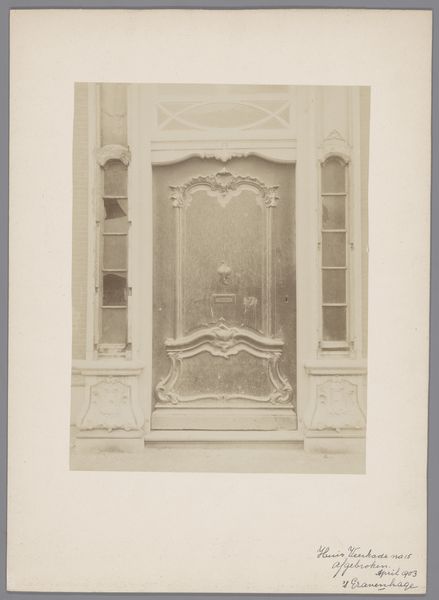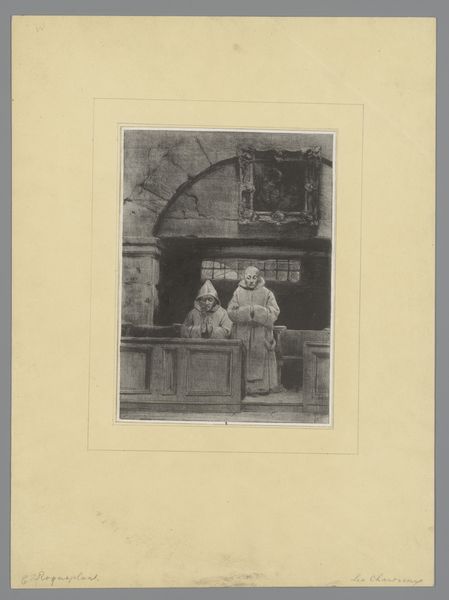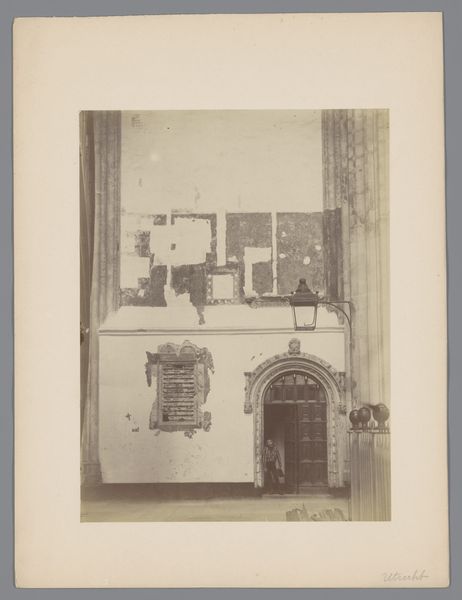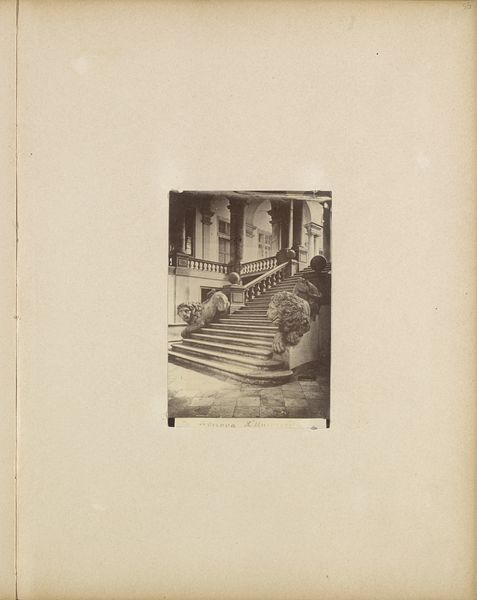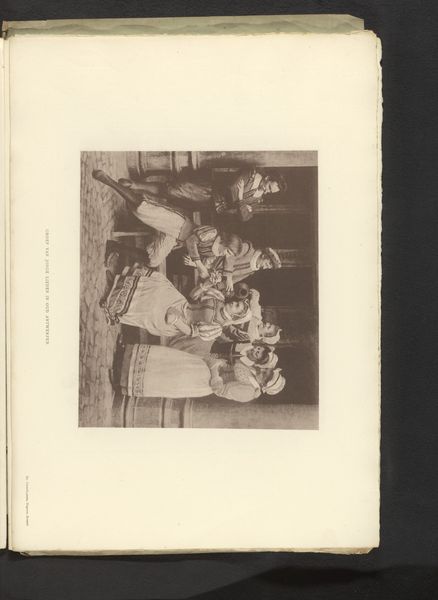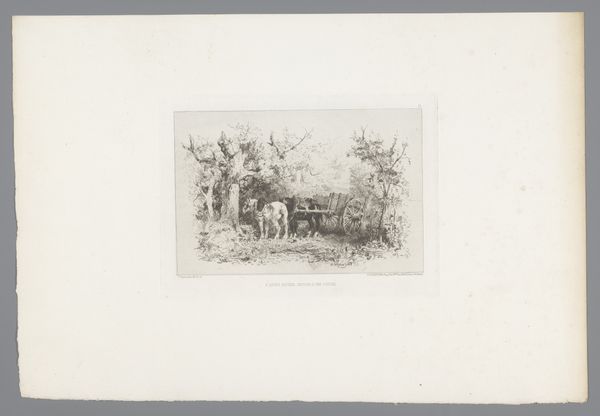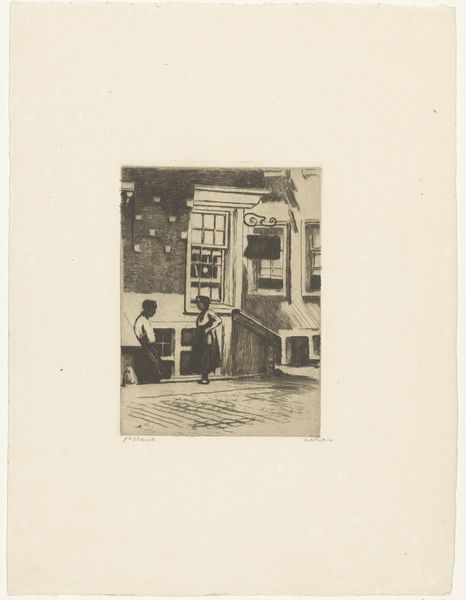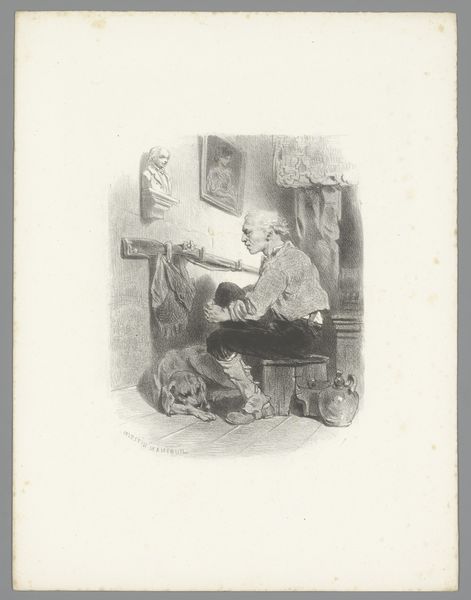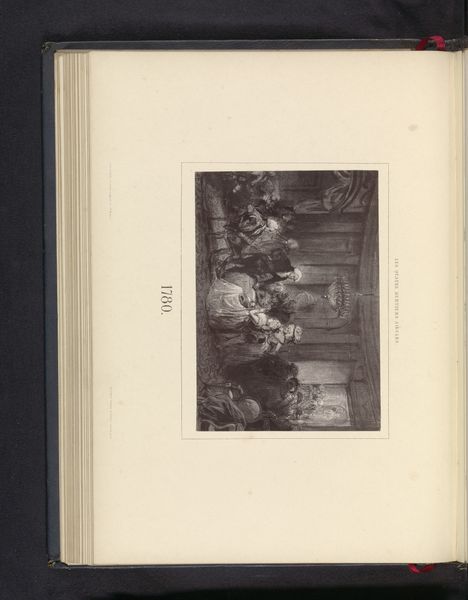
drawing, print, paper, pencil
#
drawing
# print
#
landscape
#
paper
#
romanticism
#
pencil
#
watercolour illustration
Dimensions: height 364 mm, width 275 mm
Copyright: Rijks Museum: Open Domain
Célestin Nanteuil made this lithograph of a window with spiderwebs and plants in the 19th century. The lithographic process is crucial to understanding this image. Unlike traditional drawing or painting, lithography involves using a greasy crayon to draw directly onto a stone or metal plate. The plate is then treated so that ink adheres only to the drawn areas, allowing for the creation of multiple prints. Here, Nanteuil uses the lithographic crayon with incredible delicacy, mimicking the textures of stone, glass, and foliage with subtle variations in tone and line. The image is far from heroic; it captures a mundane scene, a humble window overgrown with nature. Yet, it is the very process of lithography, with its capacity for reproduction, that elevates this scene. Lithography democratized image-making, making art more accessible. Nanteuil's lithograph is a reminder that even the most ordinary subjects can be imbued with beauty and significance through the artistry of making, blurring the lines between fine art and the everyday.
Comments
No comments
Be the first to comment and join the conversation on the ultimate creative platform.
